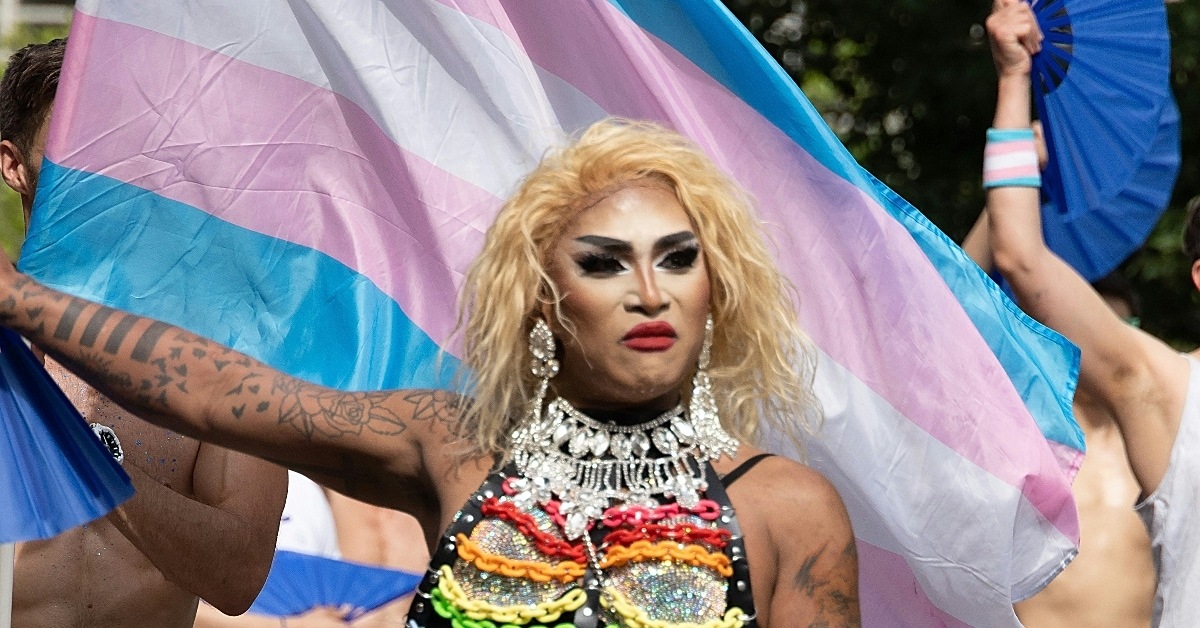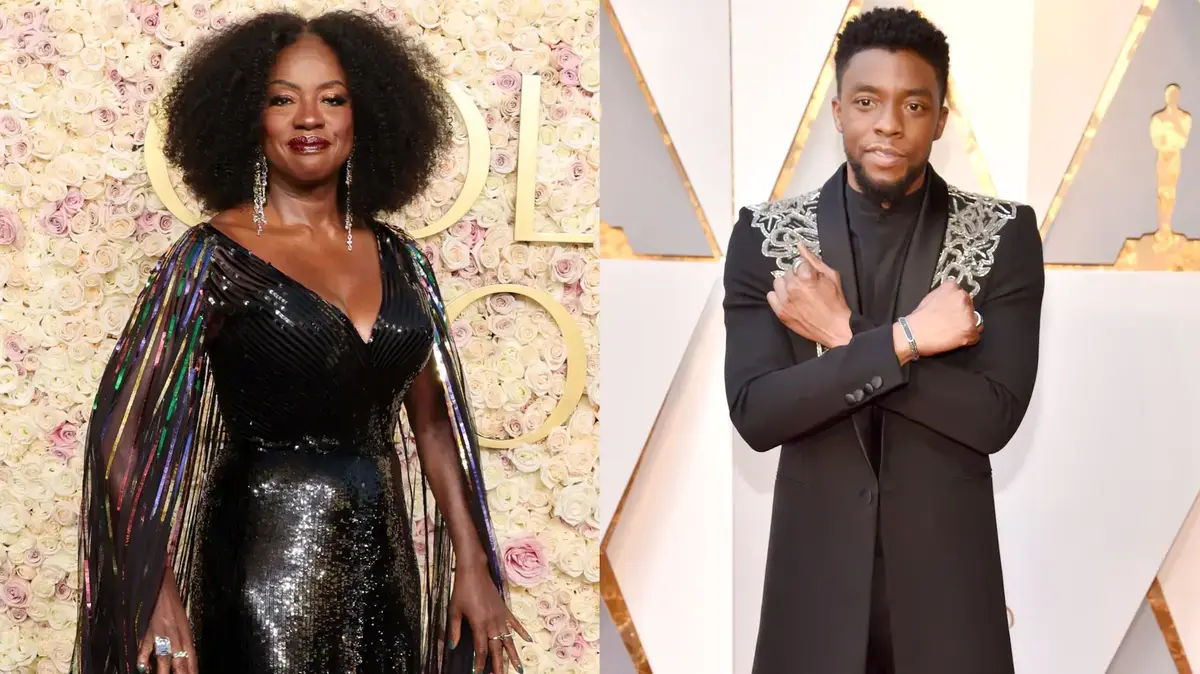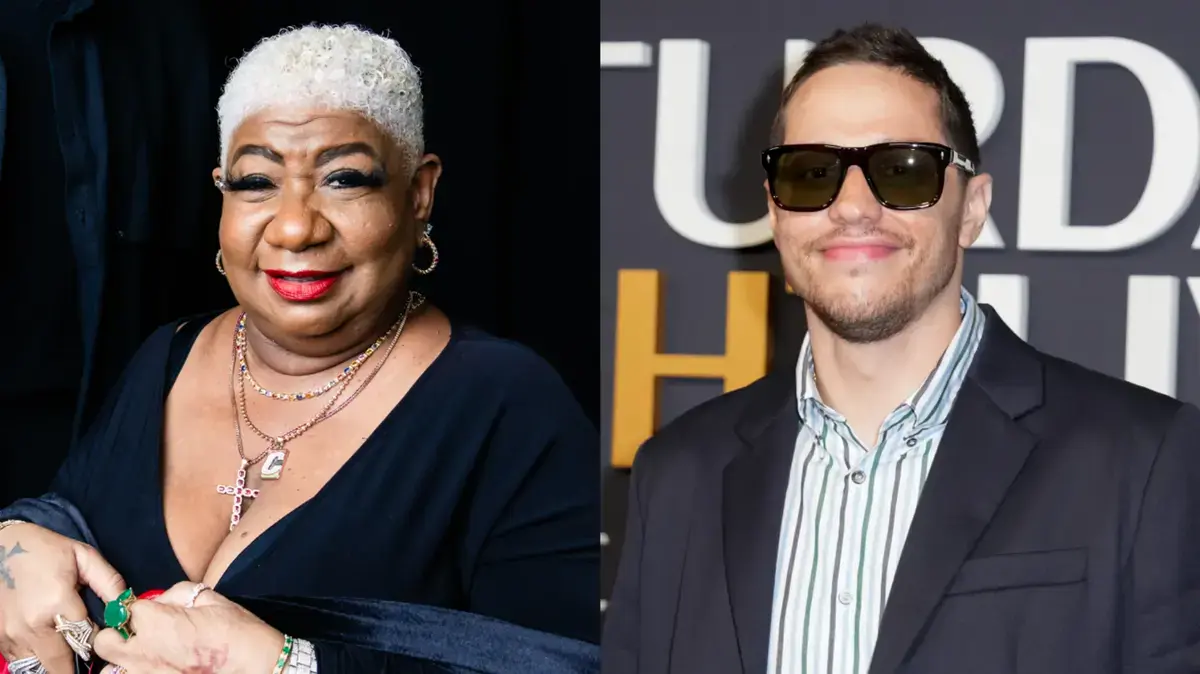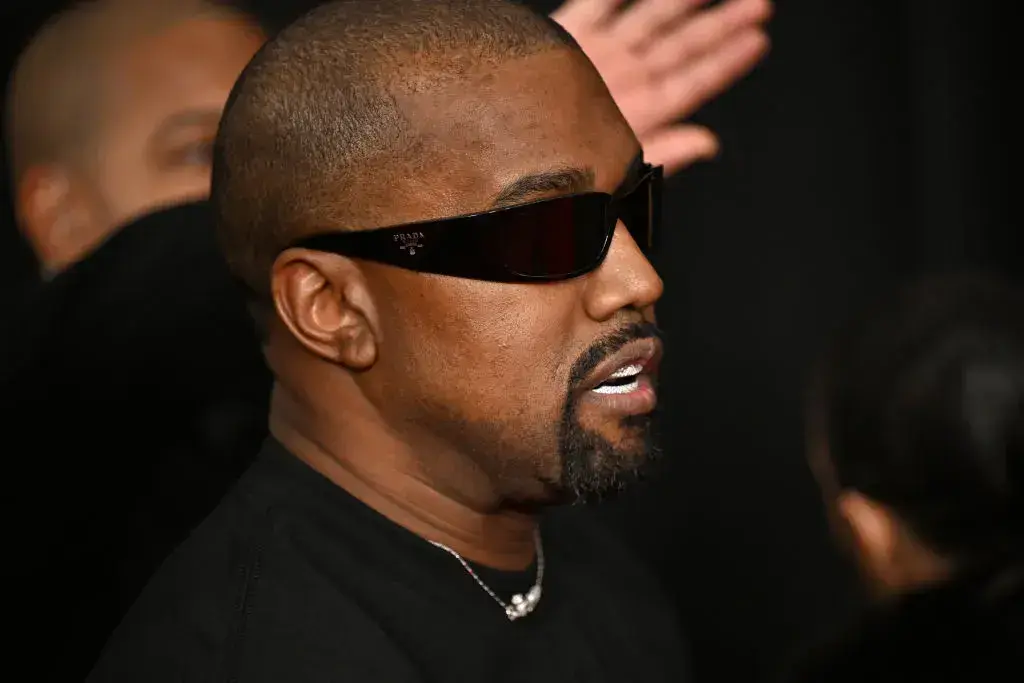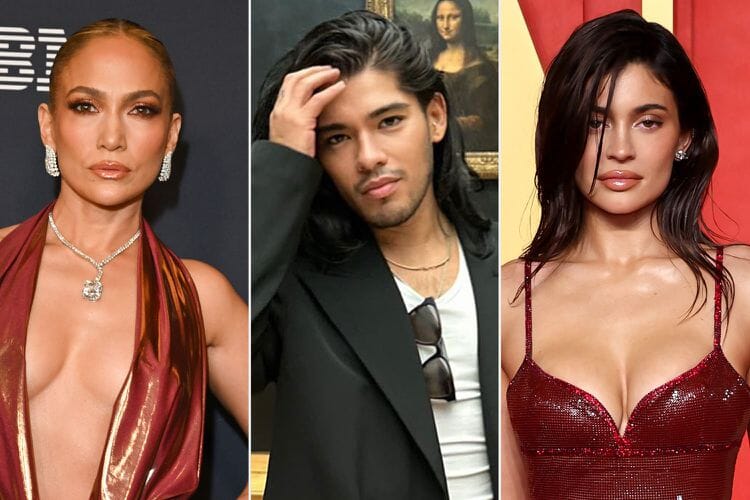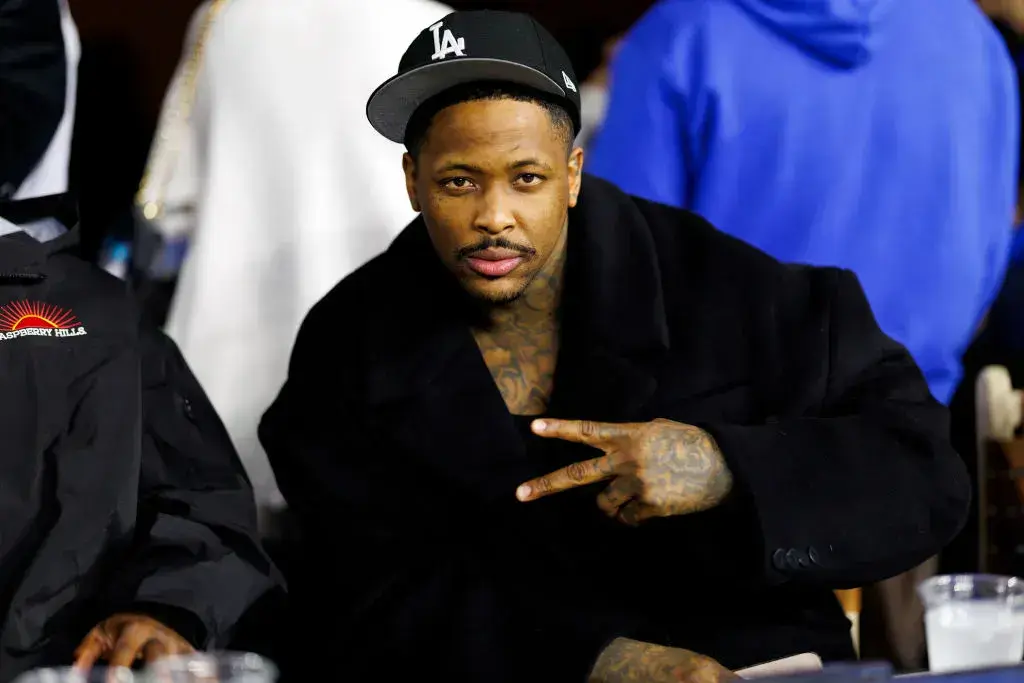BY: Walker
Published 4 years ago

In a new piece from Rolling Stone titled “Why Queerbaiting Matters More Than Ever”, the publication calls out a slew of stars like Nick Jonas, Ariana Grande, Billie Eilish, Madonna, and more for queerbaiting aka hinting at same-gender attractions to entice an LGBTQ+ fanbase even though they themselves are heterosexual.
via: People
Tweeting about the term, which describes when straight individuals imply non-heterosexual encounters to attract members of the LGBTQ community to their work, Cardi B, 28, wrote that she thinks it forces artists to prove their sexuality.
“I don’t like this new ‘queerbaiting’ word. I feel like it pressure artist to talk about their sexuality or their experiences that they don’t feel comfortable speaking about,” Cardi B tweeted. “If an artist [kisses] a girl on a video does that mean she gotta show videos & text [with] other women?”
I don’t like this new “queer baiting” word.I feel like it pressure artist to talk about their sexuality or their experiences that they don’t feel comfortable speaking about.If a artist kiss a girl on a video does that means she gotta show videos & text wit wit other women?
— Cardi B (@iamcardib) July 23, 2021
Uuummmm @RollingStone queer baiting? You do know we was trying to hide a whole baby bump right ?Also I’m married to a man but I have express soo much about my bisexuality and my experiences wit girls .All of a sudden “queer baiting” is the new word & people use it to the ground ! https://t.co/M3kn4NyJBs
— Cardi B (@iamcardib) July 23, 2021
The tweets from Cardi came after she responded to a Rolling Stone article about why addressing queerbaiting in music is needed. In it, the piece refers to Cardi’s new video “Wild Side” with Normani where the two “are pictured naked and gyrating against one another.”
“You do know we was trying to hide a whole baby bump right?” Cardi wrote, referring to the piece. “Also I’m married to a man but I have express soo much about my bisexuality and my experiences wit girls.”
“All of a sudden ‘queerbaiting’ is the new word & people use it to the ground!” she added.
The queerbaiting issue is one Cardi has addressed in the past after she collaborated with Bebe Rexha and Charli XCX on “Girls” in 2018. The song addressed sexual fluidity with lyrics like “I’m 50/50, and I’m never gonna hide it” and “Red wine, I just wanna kiss girls, girls, girls.”
“We never try to cause harm or had bad intentions with the song. I personally myself had experiences with other woman, s—t with a lot of women!” she wrote then. “I thought the song was a good song and i remember my experience.”
“I know i have used words before that i wasn’t aware that they are offensive to the LGBT community. I apologize for that,” she added at the time. “Not everybody knows the correct ‘terms’ to use. I learned and i stopped using it.”
It can be hard to draw the line between genuinely exploring who you are and using LGBTQ+ folk’s intense desire to be seen in media for album sales.
